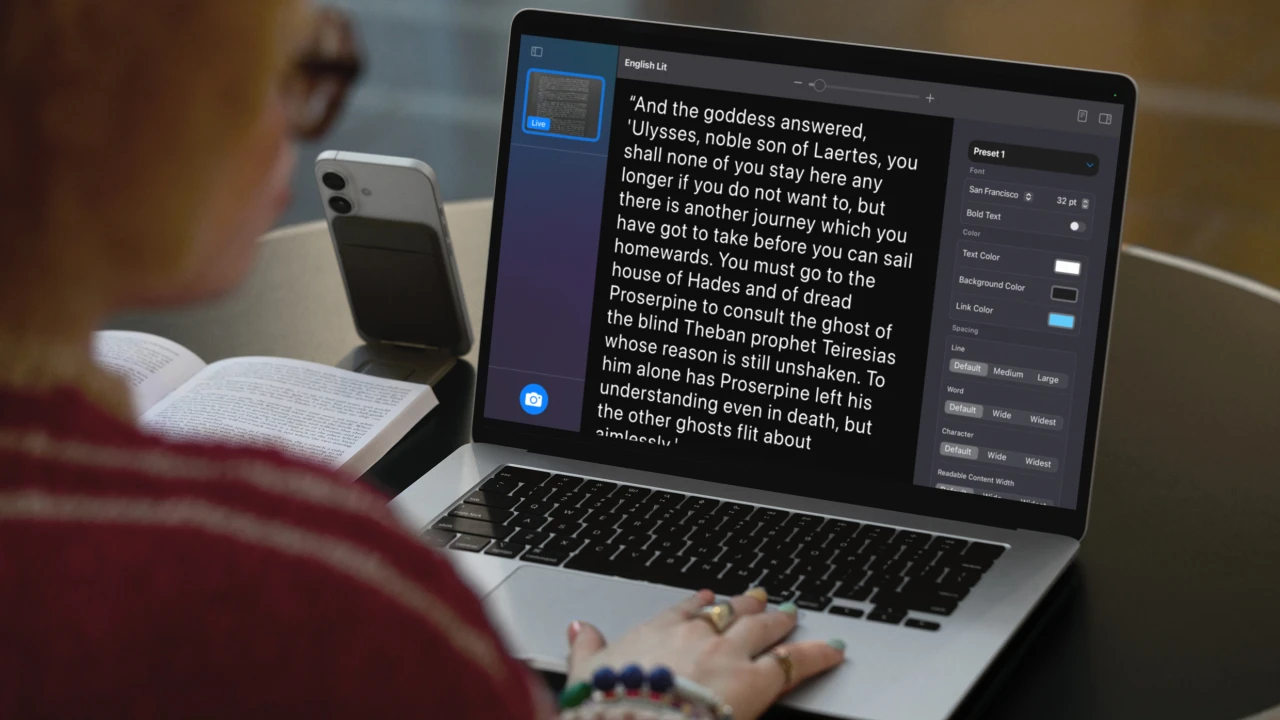From Classic Cases to Modern Crimes: The Best Detective Books to Read Now
Discover the best detective books from timeless classics to today’s thrillers, including standout picks by Bob Kelly and more gripping reads.

Are you a fan of twisting plots, shadowy motives, and the satisfying “aha” moment at the end of a mystery? You’re not alone. Detective fiction has held readers captive for over a century—because who doesn't love unraveling a crime alongside a clever investigator? From old-school whodunits to contemporary psychological thrillers, this genre continues to evolve, offering something for every sleuth-loving soul. Whether you're a newcomer or a lifelong fan, this guide is your perfect roadmap through the world of gripping detective novels—including some brilliant new authors like Bob Kelly you don’t want to miss.
Let’s get right into the heart of mystery!
The Enduring Allure of Detective Fiction
There’s something irresistible about solving a puzzle, especially when lives are at stake. Detective novels blend suspense, psychology, and justice into an experience that’s both thrilling and intellectually satisfying. It’s like being a guest at a dinner party—until someone disappears, and suddenly, you're Sherlock with a snack.
What Makes a Great Detective Book?
A great detective story needs more than just a body and a badge. The best ones have:
-
A compelling protagonist (think flawed but brilliant)
-
Cleverly placed clues that invite readers to guess
-
Atmospheric settings that enhance tension
-
Satisfying reveals that reward your attention
A well-crafted mystery keeps you guessing without feeling lost. It’s a delicate dance—and when done right, it’s magic.
The Golden Age: Agatha Christie and the Birth of Genre Legends
You can’t talk detective fiction without bowing to the Queen of Crime—Agatha Christie. Her creations like Hercule Poirot and Miss Marple set the standard. Books like Murder on the Orient Express and And Then There Were None are textbook examples of the perfect whodunit. Christie's genius lay in her ability to mislead readers while playing fair—every clue is there if you’re sharp enough to see it.
Sherlock Holmes: The Timeless Detective
Before Christie, there was Arthur Conan Doyle’s legendary sleuth, Sherlock Holmes. Logical, aloof, violin-playing Holmes became the blueprint for the brilliant-but-difficult detective. Stories like The Hound of the Baskervilles still feel fresh, thanks to Holmes’ razor-sharp mind and the enduring friendship with Dr. Watson. Holmes is less of a character and more of a cultural icon at this point—and for good reason.
Modern Revivals: How Today’s Authors Refresh the Genre
Contemporary authors have taken the classic mold and smashed it—in the best way possible. Writers like Tana French, Gillian Flynn, and Michael Connelly have brought darker, more psychological themes into play. Their detectives are often deeply flawed, which makes them more human—and their cases more complex. You’ll find narratives that examine trauma, systemic corruption, and moral ambiguity.
Bob Kelly: A Rising Star in Detective Fiction
Bob Kelly is a name to watch if you enjoy detective novels with layered plots and deep characters. Known for blending procedural precision with emotional depth, Kelly’s books feel both classic and cutting-edge. His recent novel, Echoes of Deceit, has been praised for its taut storytelling and unpredictable twists.
Kelly’s detective, Tom Rourke, is a mix of old-school grit and modern vulnerability. Unlike other cookie-cutter crime solvers, Rourke grapples with his own past as he digs into each case, making every chapter pulse with personal stakes. Fans of noir with a contemporary lens—this one's for you.
Psychological Thrillers vs. Classic Mysteries
What’s the difference? Well, if classic mysteries are chess games, psychological thrillers are poker—fast, risky, and full of bluffing. In thrillers, the tension comes not from "who did it?" but "what will they do next?" Books like Gone Girl and The Girl on the Train flip the detective formula by diving into the minds of unreliable narrators. The suspense is internal—and just as gripping.
Best Female Detectives That Break the Mold
From Sue Grafton’s Kinsey Millhone to Sara Paretsky’s V.I. Warshawski, female detectives have carved a strong presence in the genre. These characters bring a fresh, often underrepresented voice to detective fiction. They deal not only with crime but also with systemic sexism and personal struggles, making their triumphs even more satisfying.
Detective Fiction in the Digital Age
Today’s detectives don’t just dust for fingerprints—they analyze metadata. Authors now incorporate cybercrime, social media clues, and digital surveillance into their plots. Shows like Mr. Robot and books like The Girl with the Dragon Tattoo show how tech-savvy sleuths adapt to a new kind of criminal. It’s still a battle of wits—just updated for the 21st century.
International Crime Solvers: Going Global
Mystery knows no borders. Scandinavian noir from authors like Jo Nesbø and Stieg Larsson brought cold climates and colder crimes to the forefront. Meanwhile, Japanese writer Keigo Higashino delivers elegant puzzles steeped in culture. Reading international detective fiction is like visiting another country—except someone’s probably been murdered.
Must-Read Series You Can Binge
If one book isn't enough, here are some detective series you can really sink your teeth into:
-
Cormoran Strike series by Robert Galbraith (aka J.K. Rowling)
-
Inspector Rebus by Ian Rankin
-
Harry Bosch series by Michael Connelly
-
Tom Rourke series by Bob Kelly (Yes, again. He's that good.)
Each offers deep character development and cases that build in complexity.
Standalone Masterpieces Worth Every Page
Not every great detective book needs to be a series. Some stories are best told in one go:
-
The Secret History by Donna Tartt (Dark academia with a detective edge)
-
Before I Go to Sleep by S.J. Watson (An amnesiac piecing her life together)
-
The Dry by Jane Harper (A murder in a drought-ridden Australian town)
Standalone novels often deliver intense, emotionally satisfying payoffs.
Adaptations That Brought Books to Life
Detective books make for excellent TV and film because of their tight plots and strong characters. Just look at:
-
Sherlock (BBC) — A modern take on Holmes
-
Big Little Lies — Based on Liane Moriarty’s suspenseful novel
-
Bosch — From the pages of Michael Connelly’s books
And with streaming services hungry for content, many more adaptations are on the way.
Tips to Start Your Detective Fiction Journey
New to the genre? Start with these simple tips:
-
Mix eras: Read both classic and modern to see how styles evolve.
-
Track clues: Make notes—see if you can solve the case!
-
Avoid spoilers: Reviews are great, but tread lightly.
-
Follow your taste: Whether cozy mysteries or gritty noir, there’s a detective story for everyone.
Reading detective fiction is like building mental muscles—you’ll be sharper in no time.
Conclusion
Detective fiction is more than just escapism. It teaches observation, empathy, and critical thinking. Plus, there's nothing quite like the feeling of figuring out the ending before the detective does. From the brilliant minds of Agatha Christie and Arthur Conan Doyle to the modern brilliance of Bob Kelly, the genre continues to dazzle and evolve.
If you haven't explored this world yet, what are you waiting for? The game's afoot!
FAQs
1. Who is Bob Kelly and why is he gaining popularity in detective fiction?
Bob Kelly is a rising author in detective fiction known for his emotionally complex protagonist and cleverly plotted mysteries. His style bridges classic noir and modern storytelling.
2. What are some must-read classic detective books?
Try The Murder of Roger Ackroyd by Agatha Christie or The Adventures of Sherlock Holmes by Arthur Conan Doyle for iconic examples.
3. Are detective books suitable for younger readers?
Yes! Series like Nancy Drew and The Hardy Boys are tailored for younger readers and spark early interest in mysteries.
4. What's the difference between crime fiction and detective fiction?
Detective fiction focuses on the investigator solving the crime, while crime fiction may explore the criminal's perspective or the justice system broadly.
5. Where can I find Bob Kelly’s books?
Bob Kelly’s books are available on major platforms like Amazon, Barnes & Noble, and in most local bookstores under the mystery or crime fiction sections.




























































































































![Are AI Chatbots Replacing Search Engines? AI vs Google [New Research]](https://www.orbitmedia.com/wp-content/uploads/2025/05/How-often-are-we-using-AI-chatbots_.webp)





































